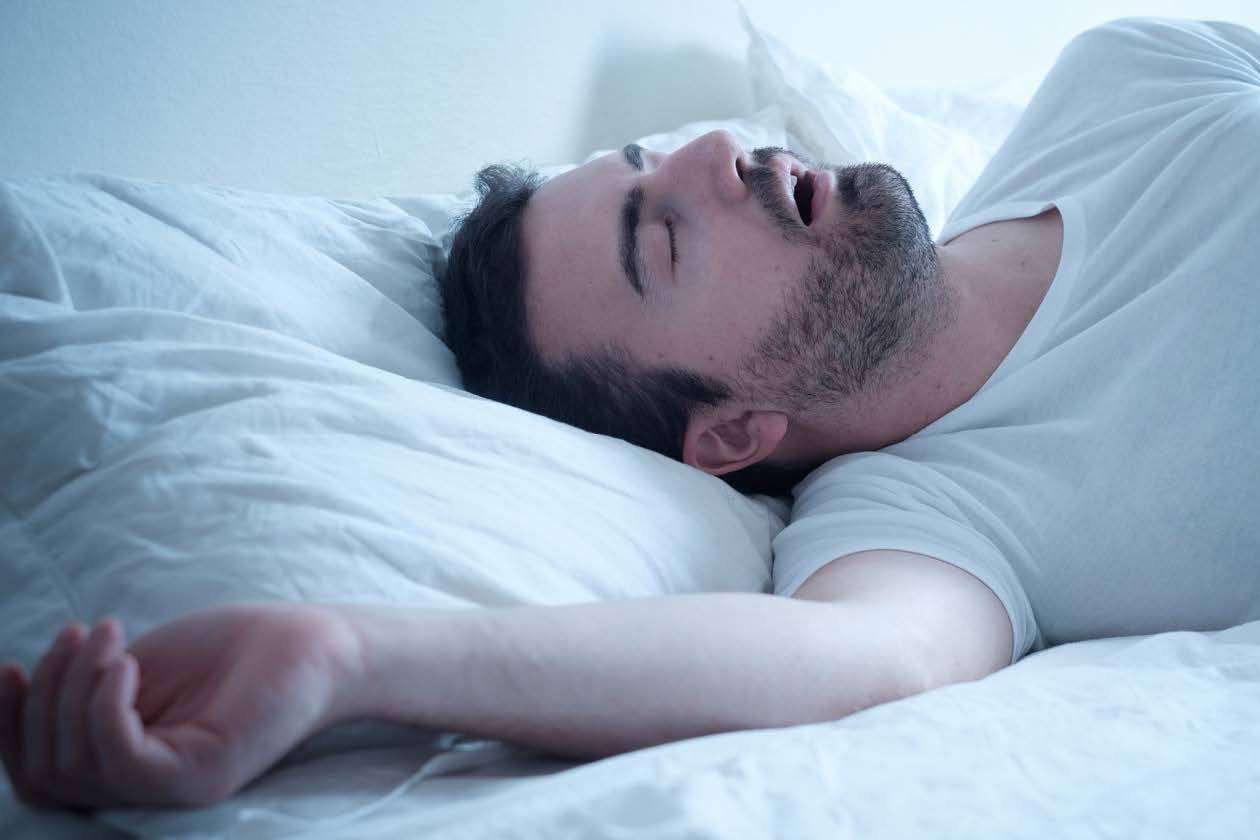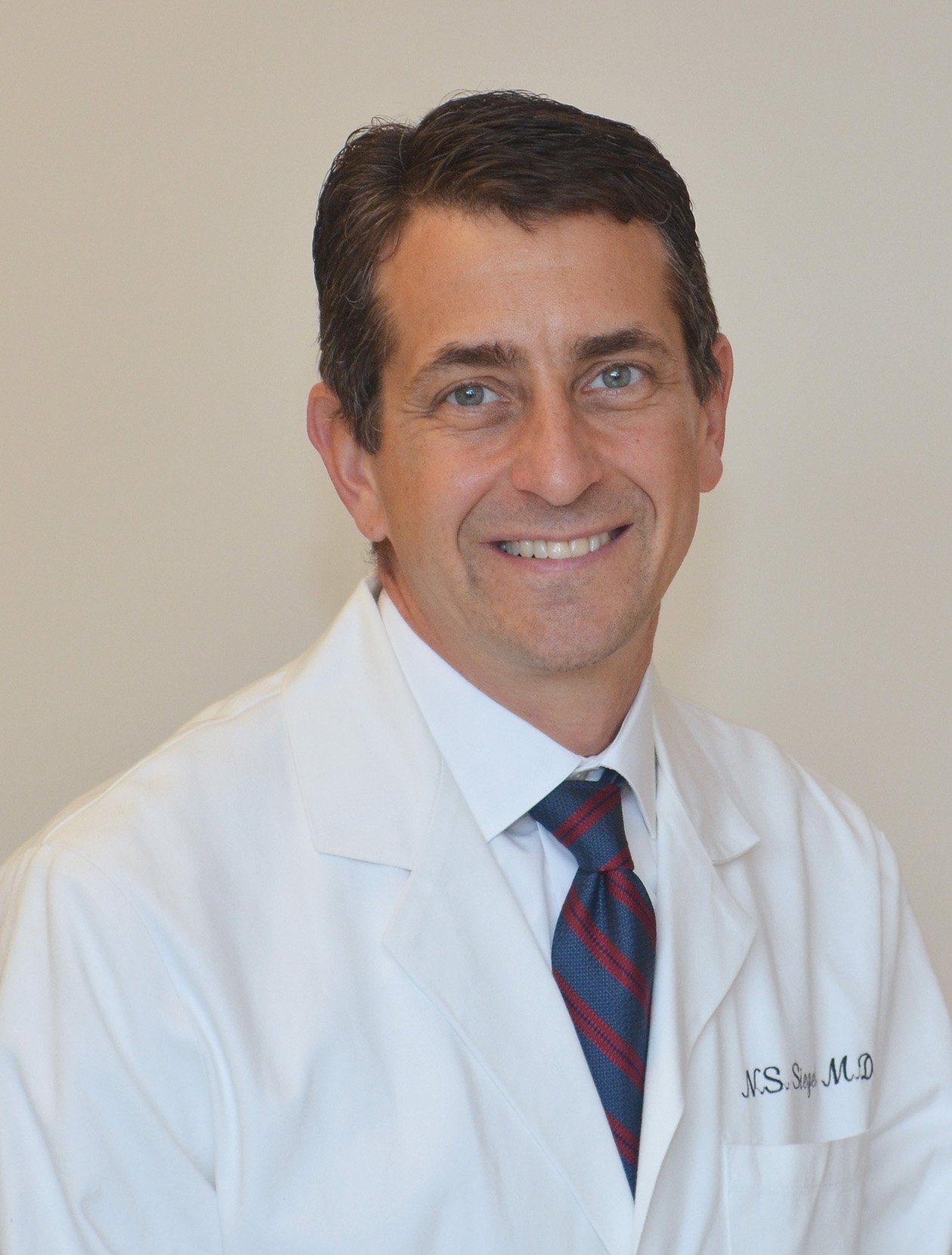What You Need to Know About Sleep Apnea

Photo credit: Getty Images
The field of sleep medicine includes a wide range of sleep disorders, including insomnia, restless legs syndrome, and unusual nighttime behaviors, such as sleepwalking or night terrors. However, Dr. Noah Siegel, the medical director of otolaryngology (ear, nose, and throat care) at Massachusetts Eye and Ear, Longwood, manages patients with snoring and sleep apnea.
Did you know…?
- More than 22 million American adults have sleep apnea.
- 80 percent of moderate to severe sleep apnea cases are undiagnosed.
- Sleep apnea is most common in adult men, but women are more likely to experience it post-menopause.
“My primary focus is on individuals who don’t breathe well at night,” says Dr. Siegel. “Snoring and sleep apnea are caused by relaxation of the muscles of the throat during sleep. People who don’t breathe well at night have poor quality sleep and don’t fully benefit from the restorative powers of sleep.”
Dr. Siegel says common symptoms include snoring, irregular nocturnal breathing (pausing, choking, gasping), non-restorative sleep, excessive daytime sleepiness, morning headaches, and impaired productivity. “The purpose of sleep is recovery,” he says. “Sleep refreshes the body and prepares us for the next day. If you’re not achieving optimal sleep because you can’t breathe at night, you’re not thriving.”
A sleep study can help determine the best course of action. While CPAP is the most well-known method of treatment, oral devices and upper airway procedures are often effective in treating sleep apnea. Untreated sleep apnea is associated with high blood pressure and likely raises the risk of heart attack, stroke, and cognitive decline. “Struggling to breathe at night stresses the body and contributes to multiple medical issues,” he says. “If you’re experiencing sleep apnea symptoms, talk to your primary care doctor or consult with a sleep specialist.”
3 Tips for a Better Night’s Sleep
1. Prioritize sleep and keep a consistent routine. “Adults should obtain seven to eight hours of sleep per night,” says Dr. Siegel. “Try to go to sleep and wake up at the same time daily. If you need to sleep later on the weekends, you’re not getting enough sleep on weekdays.”
2. Avoid activities late in the day that can interrupt sleep. “Minimize caffeine, alcohol, strenuous exercise, heavy meals, and bright lights,” says Dr. Siegel.
3. Consider sleep a fundamental pillar of health. “It goes hand in hand with nutrition, exercise, stress reduction, and social interaction,” says Dr. Siegel.

Dr. Noah Siegel is the medical director of otolaryngology at Mass. Eye and Ear, Longwood and on the faculty at Harvard Medical School. He is the first otolaryngologist in New England to achieve board certification in sleep medicine.
617-936-6160
800 Huntington Avenue, Boston, MA 02115
This is a paid partnership between Massachusetts Eye and Ear and Boston Magazine


